
Ernest Hemingway
A Hobbit on the Somme
By O’Brien BrowneSmoke and ash drifted across the shattered ground. Dead faces peered up with lidless eyes from pools of stagnant water. Read more

Ernest Hemingway
Smoke and ash drifted across the shattered ground. Dead faces peered up with lidless eyes from pools of stagnant water. Read more
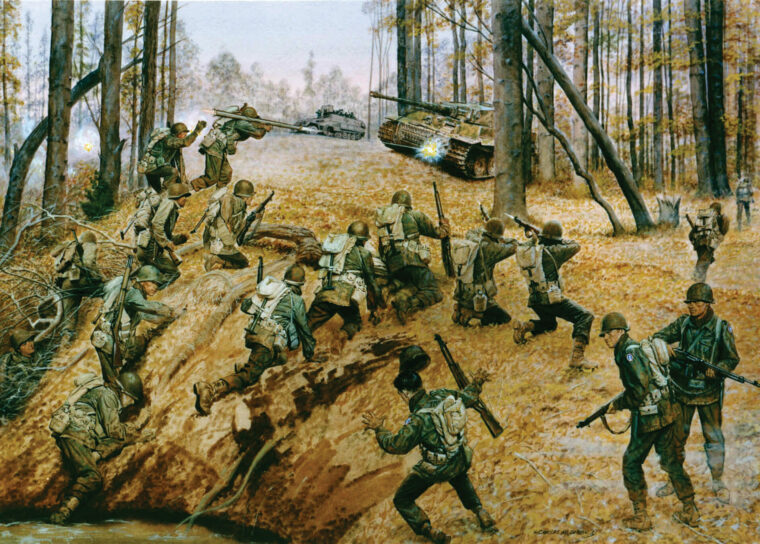
Ernest Hemingway
(Scott McGaugh, Da Capo Press, Boston, 2016, 257 pp., Read more
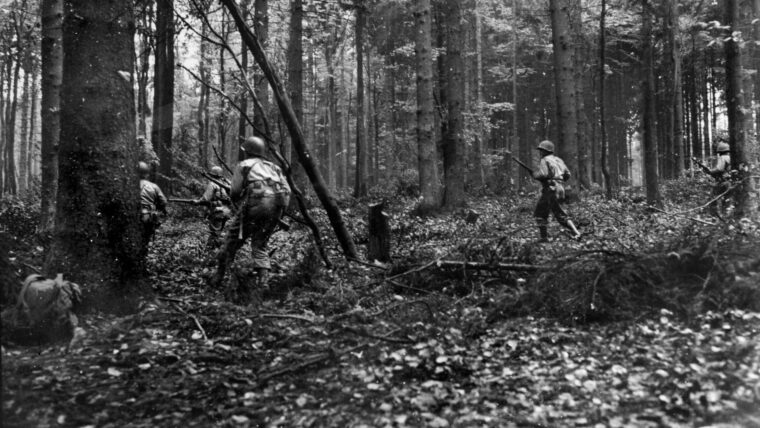
Ernest Hemingway
Mired in combat during the Battle of Hürtgen Forest of Germany, an American soldier wrote in December 5, 1944: “The road to the front led straight and muddy brown between the billowing greenery of the broken topless firs, and in the jeeps that were coming back they were bringing the still living. Read more
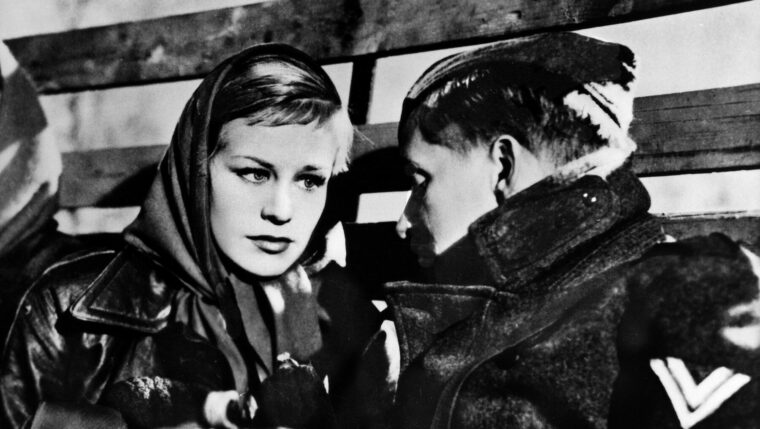
Ernest Hemingway
By the autumn of 1944, most of Nazi-occupied Europe had been liberated by Allied forces. The conquering armies now faced the invasion of the German homeland. Read more
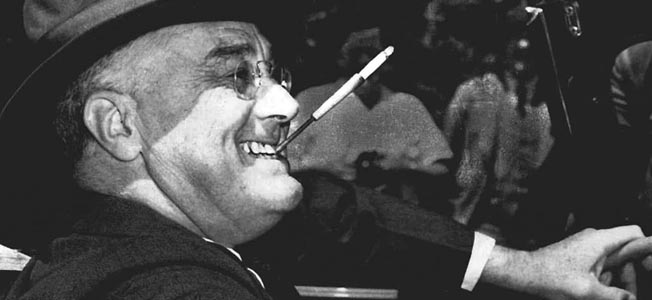
Ernest Hemingway
It seems to me that the dedication of a library is in itself an act of faith.” The date was June 30, 1941, and the speaker was President Franklin D. Read more
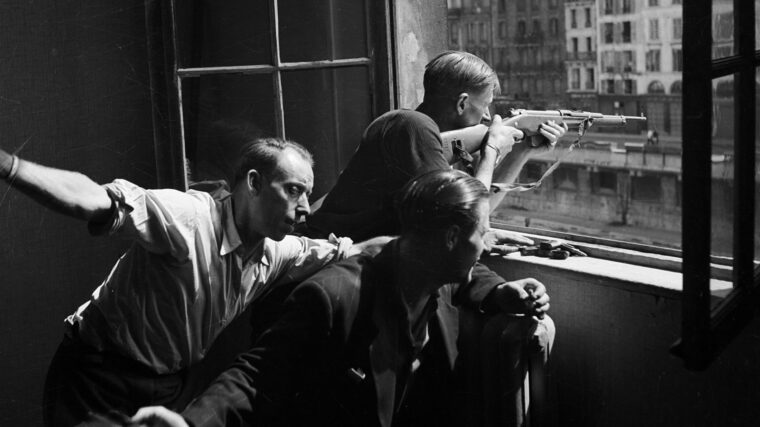
Ernest Hemingway
By the late summer of 1944, the Third Reich was almost surrounded. Two years earlier Adolf Hitler had ground 10 European countries under his heel along with vast expanses of North Africa and Soviet Russia. Read more
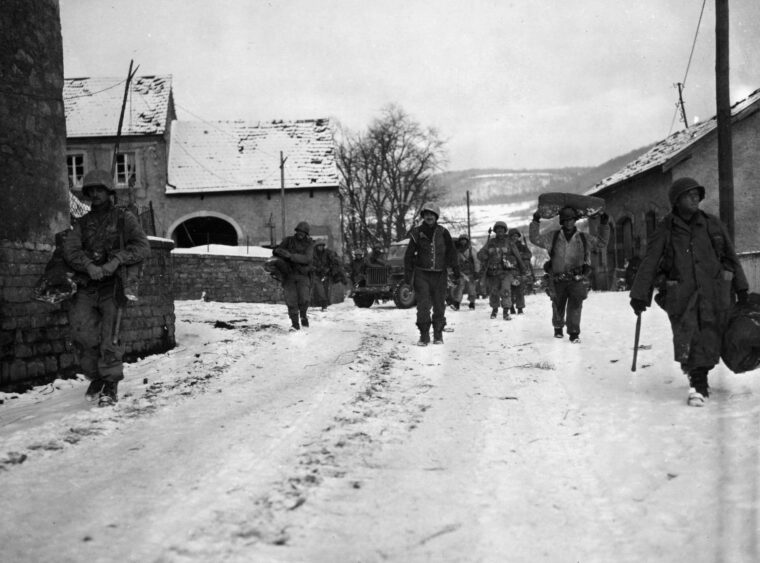
Ernest Hemingway
During the second week of July 1944 a young, sharp Lieutenant Goldstein of the 4th Infantry Division’s 22nd Infantry Regiment was told by his boss, Colonel Buck Lanhan, “Expect a special civilian, a big war correspondent is coming to visit us. Read more
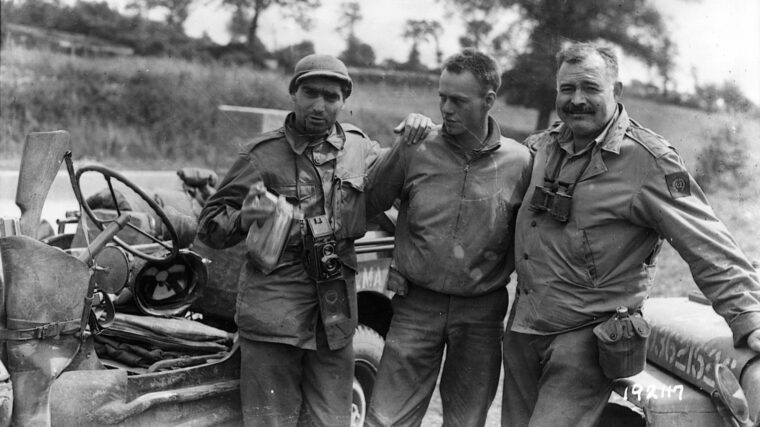
Ernest Hemingway
“We are going to have Christ’s own bitter time to win it, if, when, and ever,” commented Ernest Hemingway to his friend and editor, Charles Scribner, at the start of World War II. Read more
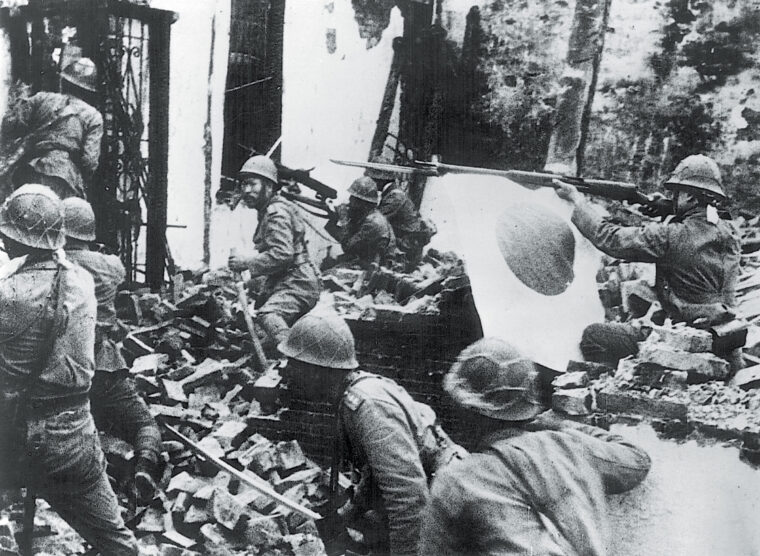
Ernest Hemingway
One of Franklin D. Roosevelt’s longtime interests was the hidden world of espionage. In the months before the United States entered World War II, the commander-in-chief was dabbling in the covert world of intelligence-gathering, using a number of trusted personal friends as his own private eyes and ears around the globe. Read more
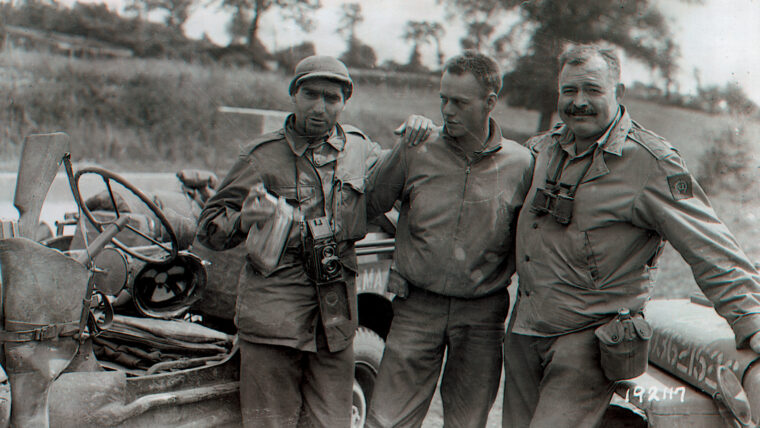
Ernest Hemingway
When the United States entered World War II in December 1941, the nation’s most famous writer, a man who had built his reputation on gritty and intense novels about wars, soldiers, and “grace under pressure,” was nowhere to be seen—at least not on the home front. Read more